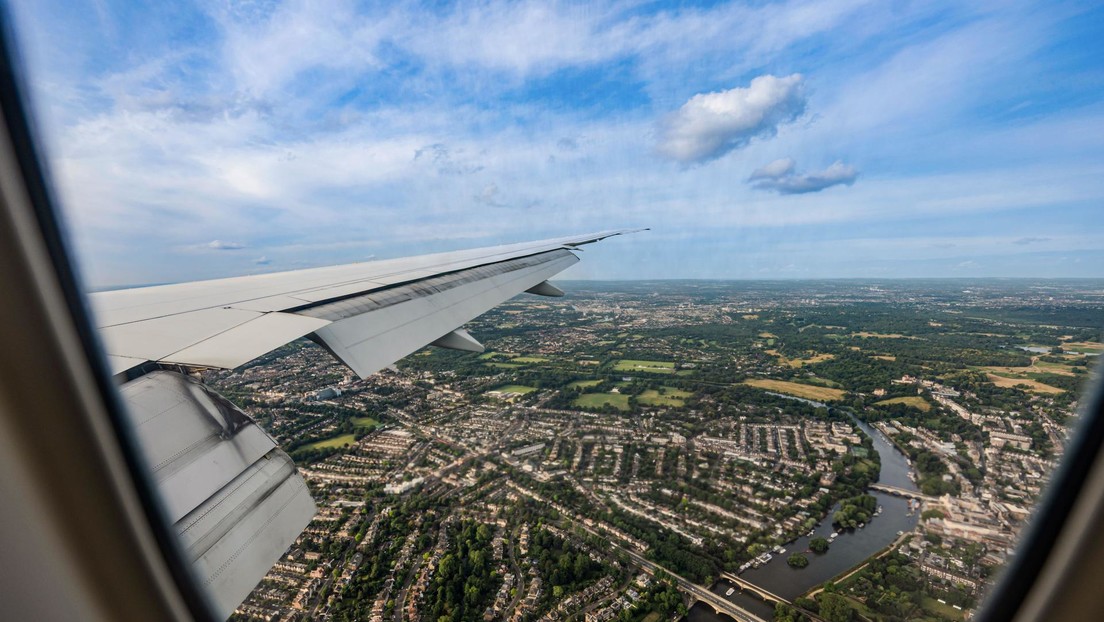
A group of British researchers has found new evidence suggesting that people who are exposed to high levels of airplane noise may be more likely to develop serious heart disease, University College London reported Tuesday.
Exposure to high levels of aircraft noise has previously been found to be linked to increased blood pressure and obesity, and the World Health Organization (WHO) recommends that aircraft noise should not exceed 45 decibels in the day and 40 decibels at night.
Noise affects heart structure
A new study published in the Journal of the American College of Cardiology reports that adults who were exposed to an average of 50 decibels of aircraft noise during the day and 45 decibels at night had 10 to 20 percent worse heart structure and function than those who lived in areas with lower noise.
These structural changes reduced the heart's ability to pump blood efficiently. In particular, it was observed that aircraft noise at night seemed to have a greater impact on changes in heart structure. This is possibly due to sleep disturbances and prolonged noise exposure during nighttime hours.
Scientists came to this result after analyzing cardiac imaging data from more than 3,500 people living near the British airports of Heathrow, Gatwick, Birmingham and Manchester. These were obtained from the UK Biobank, a database that collects the medical and lifestyle records of more than half a million individuals.
Increase in risk of heart disease
Additionally, they analyzed how cardiac abnormalities comparable to those associated with high levels of aircraft noise could increase the risk of a major adverse cardiac event. The specialists concluded that there was four times more risk of a person suffering an event, such as a heart attack, abnormal heart rhythm or stroke.
This situation could be attributed to factors such as sleep disturbance, activation of stress responses and high blood pressure caused by exposure to aircraft noise. Our findings also support the negative impacts of aircraft noise on the human heart, with important implications for noise reduction policies, the researchers indicated.
For her part, researcher Gaby Captur explained that it is necessary for both authorities and the aviation industry to reduce exposure to aircraft noise, in addition to mitigating its impact on the health of millions of people who live near airports or under flight routes. (Text and photo: RT)